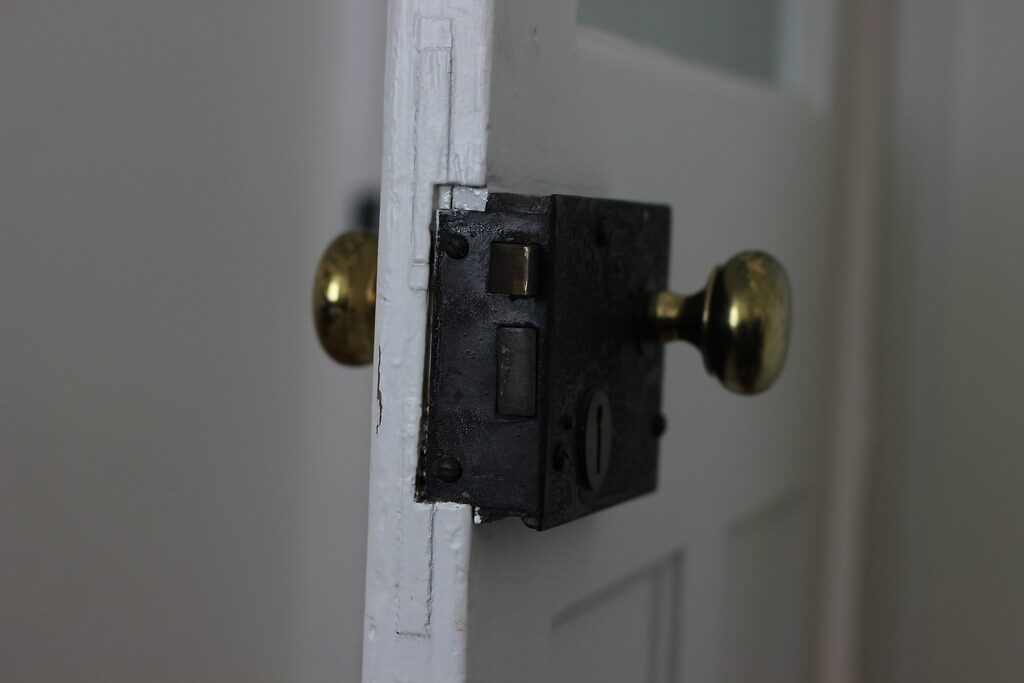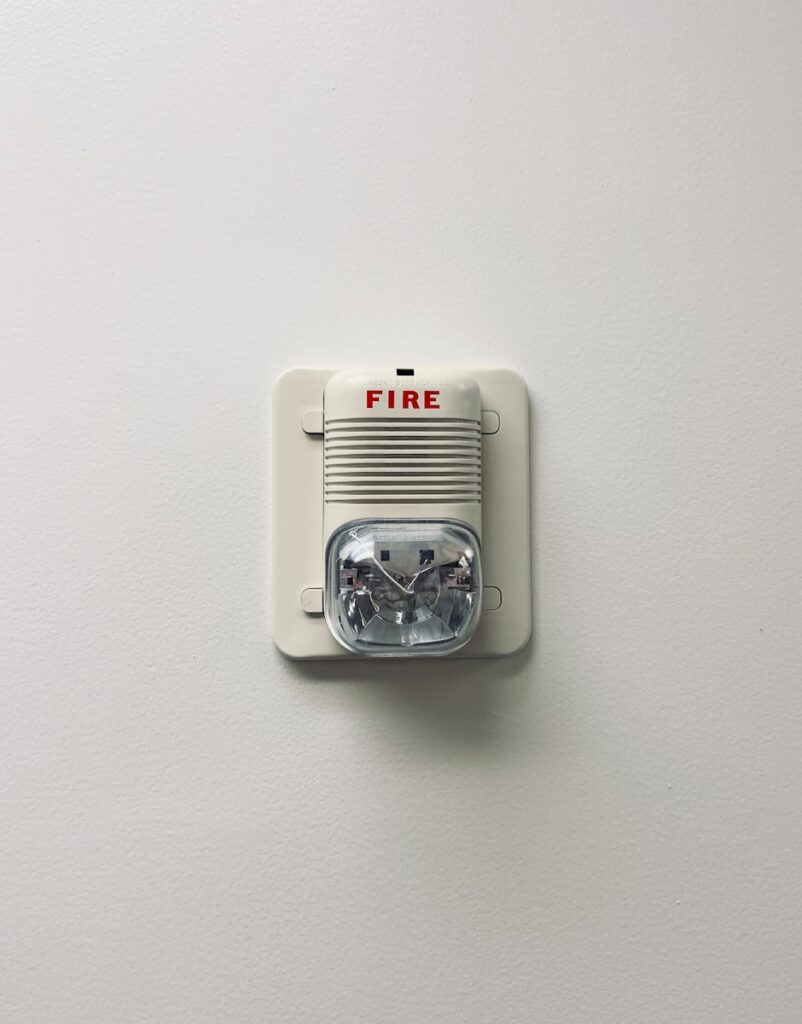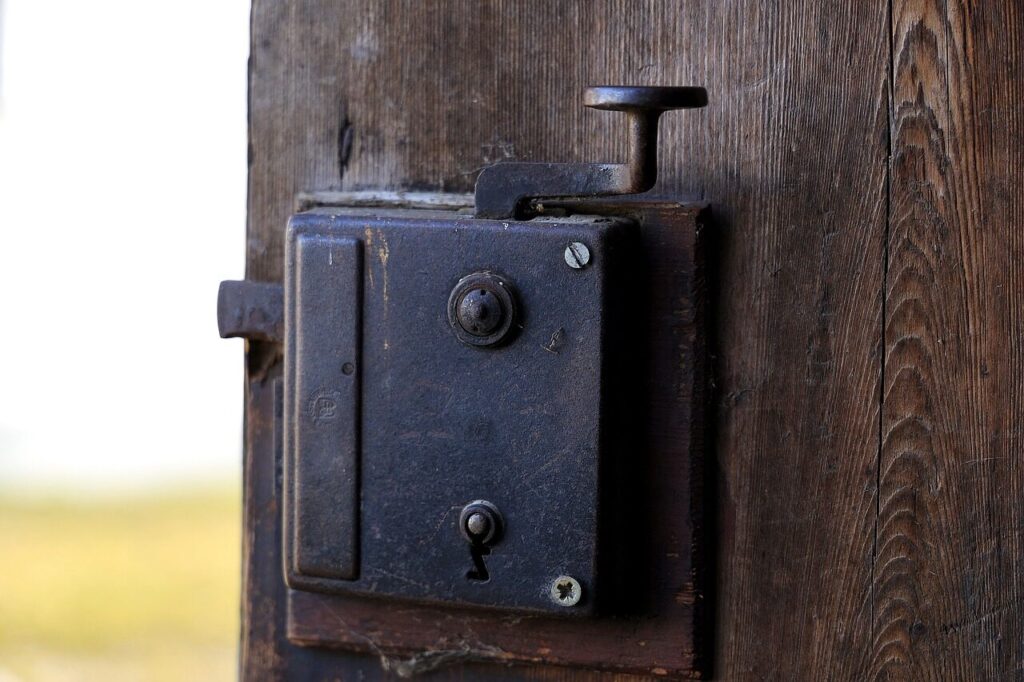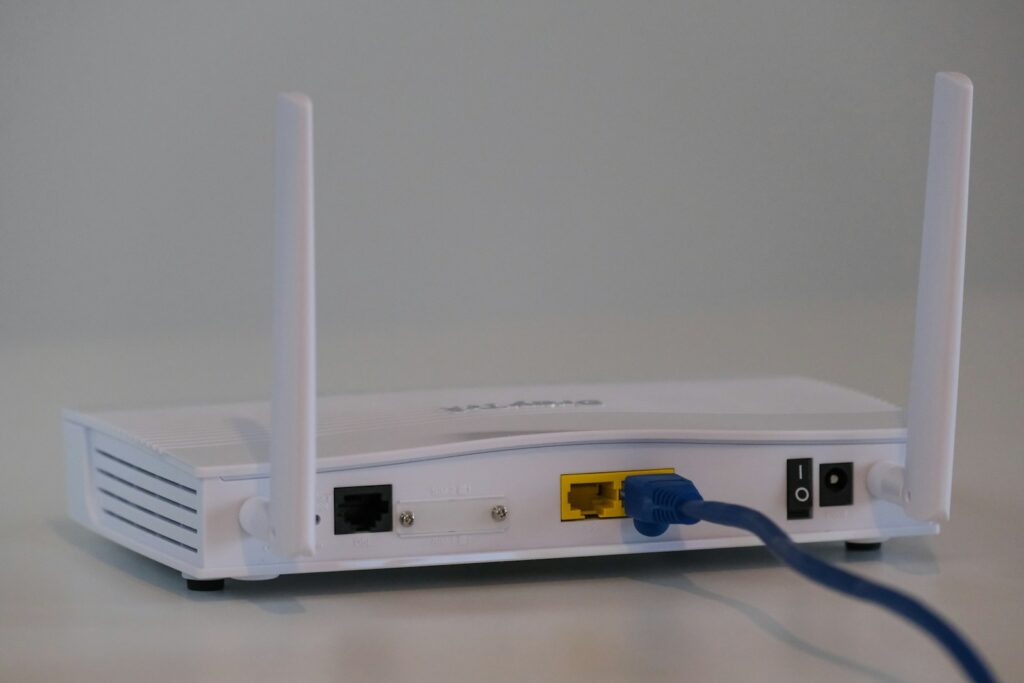Your home security system is your first line of defense against break-ins and emergencies, but even the most dependable setups can become outdated over time. As technology advances, older systems may struggle to keep up with new security features and smart integrations. What once seemed state-of-the-art may now leave your home vulnerable to modern risks. Experts recommend evaluating your system regularly to ensure it provides the level of protection your household needs. Upgrading isn’t just about convenience; it’s about maintaining peace of mind, reliability, and safety for your loved ones. Here are five reasons experts say it might be time for a replacement.
1. Outdated Technology Puts Your Security at Risk

Older security systems often lack the features and connectivity that modern technology offers. Many rely on outdated wiring, limited sensors, and analog communication, which can make them more vulnerable to tampering or malfunction. Today’s systems use encrypted wireless connections, mobile alerts, and smart home integration to ensure faster and more accurate responses to potential threats. If your system can’t connect to your smartphone or doesn’t support remote monitoring, it may no longer provide the level of protection you need. Upgrading to a newer system ensures you stay one step ahead of intruders and potential system failures.
2. Frequent False Alarms Can Indicate System Wear

If your alarm system frequently triggers false alerts, it could be a sign that its sensors or wiring are deteriorating. Over time, environmental factors such as humidity, dust, or simple aging can affect sensor accuracy, leading to unnecessary panic and frustration. False alarms not only waste time but can also cause you to ignore real threats when they occur. Modern systems come with advanced motion detection and adaptive technology that minimizes errors while improving reliability. Replacing an older system ensures that your alarms respond to genuine risks, giving you confidence that every alert truly matters.
3. Lack of Smart Features Limits Convenience and Control

Modern home security systems are more than just alarms; they’re part of an interconnected smart home network. If your current setup doesn’t allow you to monitor your home remotely, receive instant notifications, or integrate with other smart devices, it might be time for an upgrade. Newer systems let you lock doors, view live camera feeds, and adjust settings directly from your phone. This added convenience enhances both security and peace of mind, especially when you’re away from home. Upgrading provides you with greater control and flexibility, ensuring your home stays secure anytime, anywhere.
4. Poor Reliability During Power or Network Outages

A home security system should remain dependable even when power or internet connections fail. Older systems often rely heavily on traditional power sources and may not include backup options, leaving your home unprotected during outages. Modern systems are designed with battery backups and cellular communication, ensuring continuous protection under any circumstances. If your system shuts down or loses connection every time there’s a blackout, it’s a clear sign it’s time to upgrade. Replacing it with a newer model ensures consistent reliability, so you can rest assured your home is protected 24/7, no matter the situation.
5. Your Home’s Needs Have Changed Over Time

As families grow and living situations evolve, so do security needs. The system that once worked for your household may no longer provide adequate coverage or features. You may have added new entry points, renovated spaces, or expanded your property, making an upgrade necessary. Modern systems can be customized to fit your current lifestyle, offering more flexible monitoring and better scalability. Whether you want to add security cameras, motion sensors, or smart locks, a new system allows for easier adjustments. Replacing your outdated setup ensures your home security evolves alongside your changing needs.
Comments